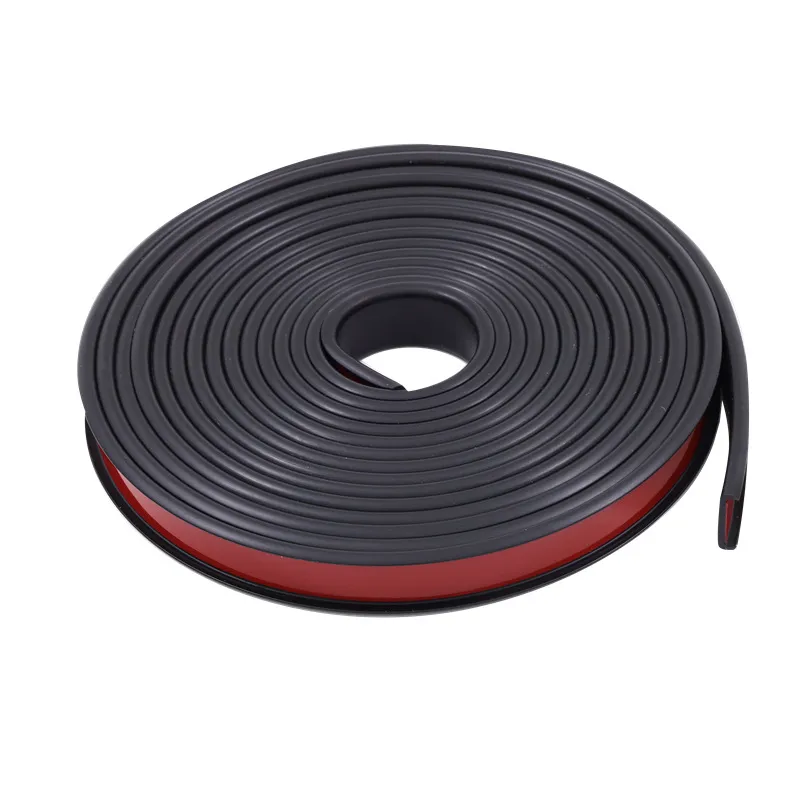Replacement Rubber Seals for Trailer Doors to Enhance Weather Resistance and Durability
Understanding Trailer Door Rubber Seals Importance and Maintenance
When it comes to ensuring the optimal performance of trailers, one often overlooked component is the rubber seal around the doors. These seals are essential for maintaining the integrity of the trailer, protecting its contents, and enhancing the overall efficiency of transport. In this article, we will discuss the importance of trailer door rubber seals, their functionality, and tips for maintaining them.
What Are Trailer Door Rubber Seals?
Trailer door rubber seals are strips of rubber or synthetic materials that are fitted around the perimeter of trailer doors. Their primary function is to create a tight seal when the doors are closed, preventing water, dirt, dust, and other environmental elements from entering the trailer. Additionally, these seals play a vital role in temperature regulation, ensuring that any temperature-sensitive contents, such as food or medicines, remain in optimal condition throughout transit.
Importance of Trailer Door Rubber Seals
1. Protection from the Elements The most apparent benefit of rubber seals is their ability to keep moisture and debris out of the trailer. This is crucial for maintaining the cleanliness of the goods being transported. Additionally, excessive exposure to moisture can lead to mold, corrosion, or damage to the cargo.
2. Energy Efficiency For refrigerated trailers, having an effective seal is essential to maintain the desired internal temperature. A compromised seal can lead to energy loss, resulting in higher fuel consumption and increased operating costs. By ensuring that the doors close securely, rubber seals help maintain energy efficiency and reduce costs.
3. Enhanced Security A well-fitted rubber seal will also improve the overall security of the trailer. By preventing gaps, these seals deter tampering and theft, as the chances of unauthorized access are significantly reduced.
trailer door rubber seal

4. Noise Reduction When transporting goods, especially over long distances, noise can be a significant concern. Rubber seals help reduce noise from outside, providing a quieter ride for both the driver and the cargo.
Maintenance Tips for Trailer Door Rubber Seals
1. Regular Inspections Regularly inspect the rubber seals for signs of wear and tear, such as cracks or deformation. This proactive approach will help identify issues before they become more significant problems.
2. Cleaning Dirt and debris can accumulate on rubber seals, affecting their effectiveness. Clean the seals regularly with a mild detergent and water, ensuring that no residue is left behind.
3. Lubrication Applying a silicone-based lubricant can help keep the rubber flexible, preventing it from drying out and cracking over time.
4. Replacement If a seal is damaged or ineffective, it is essential to replace it promptly. Modern rubber seals are designed for easy installation, and replacing a worn-out seal can significantly enhance the performance of your trailer.
In conclusion, trailer door rubber seals are a crucial yet often ignored component of trailer maintenance. By ensuring the seals are in good condition through regular inspections and maintenance, owners can protect their cargo, enhance energy efficiency, and improve overall safety and security during transit. Investing time in understanding and caring for these seals will pay off in the long run, making every journey smoother and more secure.
-
Under Door Draught Stopper: Essential ProtectionNewsJul.31,2025
-
Garage Door Seal and Weatherstrips for ProtectionNewsJul.31,2025
-
Edge Banding Tape for Perfect EdgesNewsJul.31,2025
-
Table Corner Guards and Wall Corner ProtectorsNewsJul.31,2025
-
Stair Nose Edging Trim and Tile Stair SolutionsNewsJul.31,2025
-
Truck Bed Rubber Mats for Pickup BedsNewsJul.31,2025
-
Window Weather Stripping for Noise ReductionNewsJul.29,2025